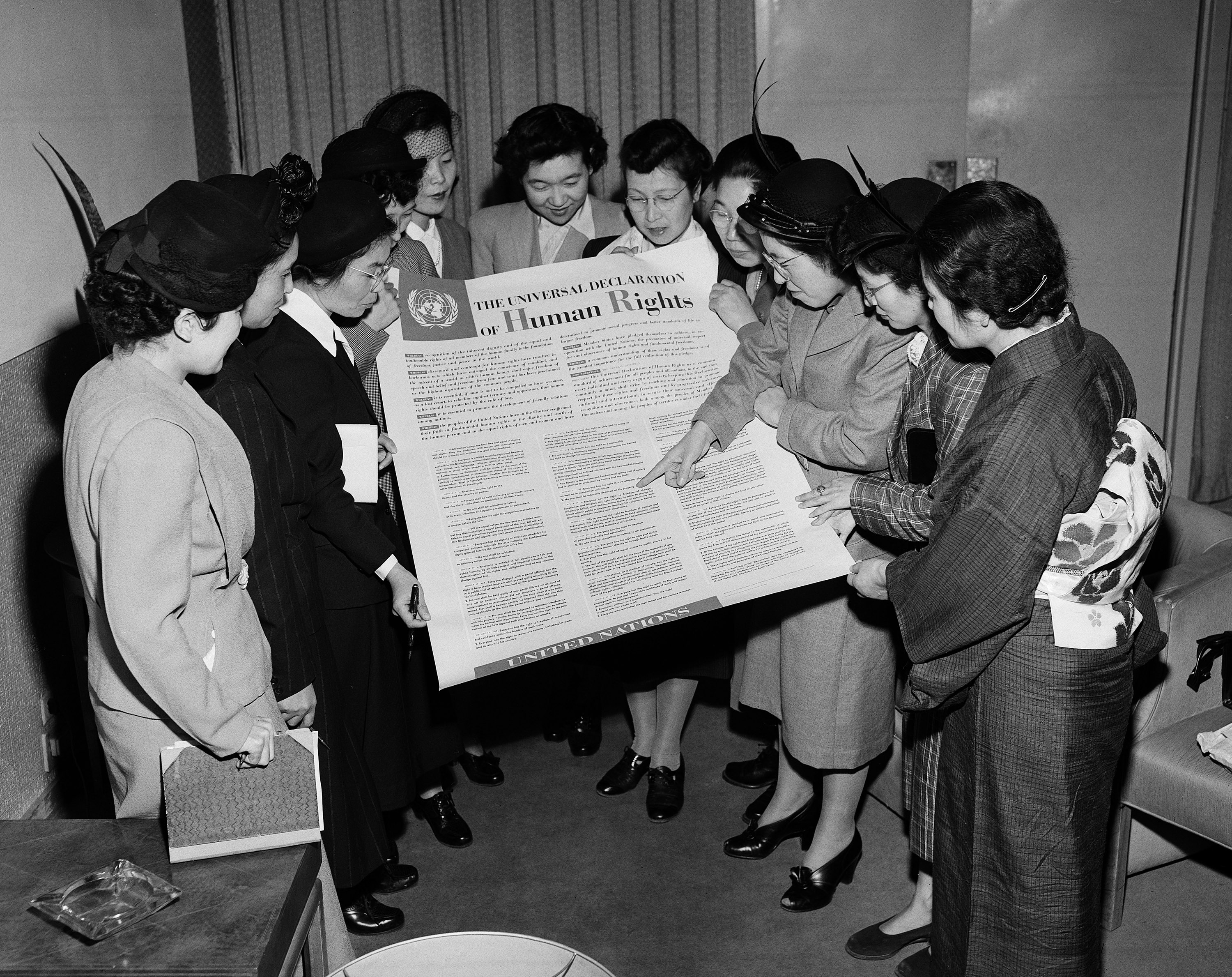The Universal Declaration of Human Rights defines freedom of expression as the right “to seek, receive and impart information and ideas through any media and regardless of frontiers.” But what does this really mean and are free speech, press freedoms, freedom of assembly and other manifestations of freedom of expression absolute? Columbia University’s Global Freedom of Expression Initiative launched foundational and advanced open and free online courses on edX that seek to answer this and many other questions. The course is taught by Dr. Agnes Callamard a distinguished human rights expert and the Director of Columbia Global Freedom of Expression. She also holds the mandate of the UN Special Rapporteur on Extrajudicial, Summary or Arbitrary Executions and recently led an investigation into the murder of Jamal Khashoggi, a Saudi Washington Post columnist.
 Freedom of Expression and Information in the Time of Globalization: Foundational Course surveys the thinking political theorists, judges, and economists to discover why freedom of expression and information matters, and the values and principles that are established through free speech. It explains how and why international and regional systems of protection for freedom of expression were established. Students will then learn about the scope of freedom of expression under international law and when governments can restrict freedom of speech.
Freedom of Expression and Information in the Time of Globalization: Foundational Course surveys the thinking political theorists, judges, and economists to discover why freedom of expression and information matters, and the values and principles that are established through free speech. It explains how and why international and regional systems of protection for freedom of expression were established. Students will then learn about the scope of freedom of expression under international law and when governments can restrict freedom of speech.
 Freedom of Expression and Information in the Time of Globalization: Advanced Course explores the multiple challenges brought about by the technology revolution of the last two decades. Technology has given the world the means to realize its commitment to freedom of information without frontiers but has also precipitated or heightened a range of normative, regulatory and political issues related to the protection of freedom of expression, on and off line. This course will examine the complex, and often awkward, interplay of global information flows with national jurisdiction and state sovereignty, and what it means for the realization of a borderless vision for the right to freedom of expression.
Freedom of Expression and Information in the Time of Globalization: Advanced Course explores the multiple challenges brought about by the technology revolution of the last two decades. Technology has given the world the means to realize its commitment to freedom of information without frontiers but has also precipitated or heightened a range of normative, regulatory and political issues related to the protection of freedom of expression, on and off line. This course will examine the complex, and often awkward, interplay of global information flows with national jurisdiction and state sovereignty, and what it means for the realization of a borderless vision for the right to freedom of expression.
Students enrolled in the course will be taken on an exciting journey that transcends time, borders, and media frontiers. “From the Danish cartoons about a major religious figure to the attack on French satirical magazine Charlie Hebdo; from the execution of journalists working on conflict zones to the imprisonment of those reporting on terrorism; from censorship to the internet firewall and government surveillance: these are just some of the challenges that tell the remarkable journey of freedom of expression and information since the end of World War II and the establishment of an international human rights system,” said Dr. Callamard.
This course would not be possible without the support of Open Society Foundation and The Royal Norwegian Ministry of Foreign Affairs.
